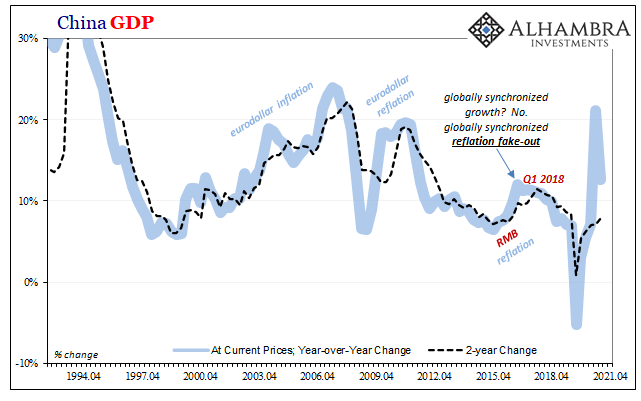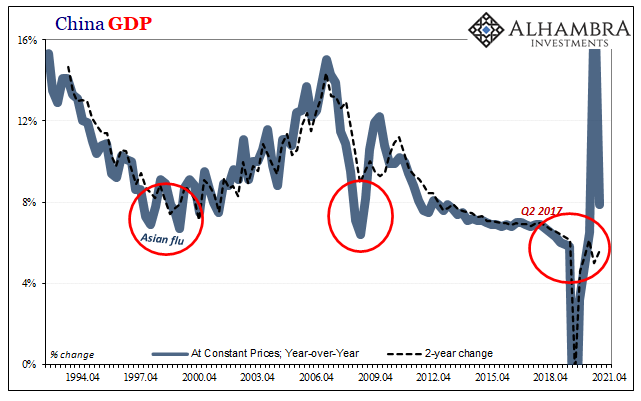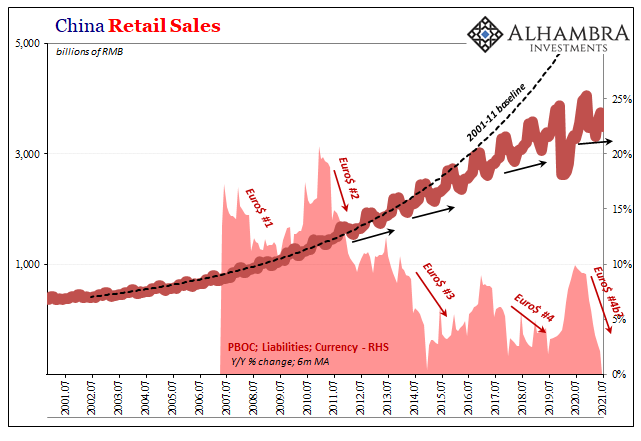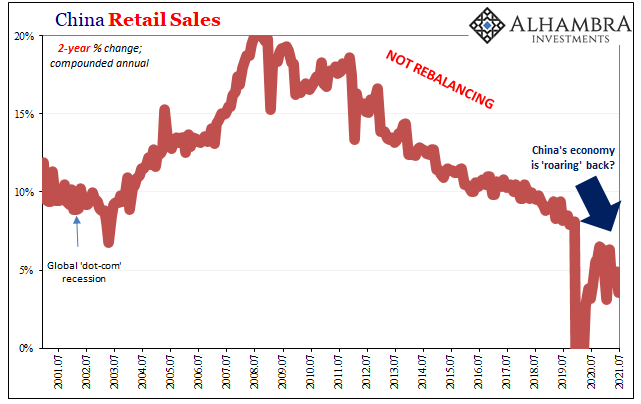Contrary to the romanticized version of The Revolution, communists and Communists alike are almost always from the upper stretches of society. Mostly students from mainly affluent families, such as what had formed the basis of Castro’s takeover of Cuba, pumped full of stylized academia they seek to idealize an imperfect world in order to impose upon our messy humanity.
Given this contradiction, it must always eventually come around to speech.
So, it has to be noted first the irony of the case against Charlotte Anita Whitney. Hers was the same story, from a pedigreed and privileged background falling into the Marxist orbit. No mere radical, though, she along with several others broke from the Socialist Party in 1919 to form the more militant Communist Labor Party of America (CLP).
This other openly fomented violent coup against the American government; we know this because the CLP repeatedly said so. The group’s stated purpose was to further what its members believed was the righteous course for civilized, modern society – the same trajectory Vladimir Ilyich Ulyanov (aka, Lenin) was brutally, viciously inflicting right then upon Russian society.
The CLP quickly ran afoul of California’s Criminal Syndicalism Act of 1919. Arrested and convicted as one of the Party’s leadership, Ms. Whitney would repeatedly appeal and her case would reach the United States Supreme Court. Unfortunately for her, the conviction was unanimously upheld in 1927 (Whitney v. California).
Justice Edward T. Sanford spoke for the Court when stating Whitney had gone way past the “clear and present danger” test set as precedent in 1919 (Schenck v. United States) by Oliver Wendall Holmes.
Not even a decade after the earlier case, Sandford wrote how the CLP was explicitly exploiting the First Amendment by intentionally crossing the line with speeches and writings whose designs were “inimical to the public welfare, tending to incite crime, disturb the peace or endanger the foundations of organized government and threaten its overthrow.”
Yet, the case stands as a groundbreaking one for what was written sort of in dissent by one of the Justices otherwise voting in favor of upholding Whitney’s California conviction. It was Louis D. Brandeis who would espouse the principle which stands nowadays (on less widely-accepted ground) as conventional wisdom and plain common sense.
According to Brandeis, the best and most just answer for imperfect humans could only be found instead in a counterspeech doctrine:
If there be time to expose through discussion the falsehood and fallacies, to avert the evil by the processes of education, the remedy to be applied is more speech, not enforced silence.
This view of the First Amendment’s near-absolutism wouldn’t be fully accepted until 1969’s Brandenburg v. Ohio. Though it might have taken time, free speech in the US has(d) been strengthened as clearly Brandeis set out: to vote to convict Whitney realizing that in doing so for perhaps the right reasons it might otherwise set the government on a train to doing more so for purposes less clearly wrong.
It remains the settled position to this day, a wise counterbalance, with Justice Anthony Kennedy fluently citing Brandeis as recently as 2012’s United States v. Alvarez:
The remedy for speech that is false is speech that is true. This is the ordinary course in a free society. The response to the unreasoned is the rational; to the uninformed, the enlightened; to the straight-out lie, the simple truth.
China had long been believed to be moving in just this direction. Not for nothing, it had been Jiang Zemin’s Three Represents which was official policy pushing as the third one of those a course toward majority rule (or majority voice, majority something, it was never perfectly clear); over time, serious political reform.
It had been Lenin – not Marx – who advocated for Socialist Revolution in societies that weren’t “ready” to accept them (Marx actually warned against imposing socialism on pre-industrial nations). A small number, the Vanguard, would execute themselves on any society whether that society wanted it or not.
To do so obviously required every means possible, especially violence (for our own good, of course) and especially repression. Free speech, right at the top of the list, is inimical to the Vanguard’s aims.
But as China’s Deng then Jiang followed by Hu (it only sounds like an Abbott and Costello routine) embraced more but limited capitalism in the nineties and oughts to avoid repeating the mistakes of Lenin’s successors in Russia (and elsewhere), it had been the Politburo’s position to first create the wealthy industrial society of Marxist legend and then once Chinese society realized and came to appreciate all the utopian aspects of it, it was expected they would enthusiastically embrace their former oppressive Vanguard overlords.
Finish the economy first, then free speech (or less restricted, anyway).
Western observers interpreted this as an unmovable course set out by the Communists under Socialism with Chinese Characteristics. And, at one time, it was almost certainly an honest goal given an honest effort. The world’s “elite”, anyway, came to believe China really did want to join the club of liberal democracies.
How far the Chinese Communists would ever have gone will, sadly, have to remain an unprovable counterfactual. This thing called the Great “Recession” interrupted everyone’s plans, but only those in China (and the bond market) understood the full gravity of post-crisis reality.


So, too, was concurrently changed Socialism with Chinese Characteristics (see: Document #9). Rather than move further toward the freedoms put forward by liberalism (true liberalism, not the increasingly illiberal American partisan identifier), the Communists have quite intentionally moved further and further away from them.
As I say, when the rate of change in the economy goes down, the rate of change in politics goes (way) up; and not “good” change, either.
While beginning in China back before Document #9’s stealthy appearance in the official Party ledger-book of 2013, it really took a more public – and sinister – turn during and following October 2017’s 19th Party Congress.
Now in Xi Jinping’s 2021 China, authorities aren’t just cracking down on tech companies. “Black mouths” (I have no idea if this translation is accurate) are actively being hunted down (Google translated from CCP’s document):
Focusing on severely punishing “black mouths”, combating extortion, and curbing the creation of rumors, we will ban a batch of “self-media” accounts that act as “black mouths”, racketeering and spreading rumors…The relevant responsible comrades of the State Cyberspace Administration of China introduced that this special rectification focused on four types of online communication entities, including financial “self-media” accounts, major public account platforms, major commercial website platforms, financial sections, and major financial information platforms, and focused on cracking down on 8 categories Violation issues.
Those specific eight groups of designated desecration begin with, quite purposefully, un-free speech:
First, [those which] make unreasonable comments, distort and interpret our financial policies, macroeconomic data, maliciously sing about our financial markets, slander China’s economy, etc.
Should you deign to “slander China’s economy” Xi’s cybergoons will descend first upon your online presence and profile to ban it (as a start). But, is talking openly about China’s economic condition as given by its current statistics really the same thing as Charlotte Anita Whitney openly and directly inciting violence a century ago in a different place?
If you are Xi Jinping, it just might be the same as inciting violence if only when China’s current economic circumstances just might lead the Chinese people to think differently (or any more) about their current state.
But – you’re already asking – who inside China would ever be slandering the economy since everything we hear from outside of China is just the sort of economic commentary Xi Jinping would really like to highlight and emphasize for mass consumption? Chinese authorities obviously don’t believe in Kennedy’s citation of Brandeis when it comes to, say, China retail sales.

What’s being more thoroughly and heavily targeted as malicious about China’s economy cannot be lies, therefore pointing out the truth won’t provide the Communists any remedy. Perfectly Orwellian; such actual truth is now treated as “slander.”
As I wrote all the way back in October 2017, appreciating (I still believe) what was really happening (not globally synchronized growth) as well as what was and is at stake (not just in or for China):
To forbid political challenge to the country’s leadership is one (potential) method for at least raising the costs of turning grave economic dissatisfaction into something more substantial. It seems more and more that authorities over there are battening down the hatches, not opening themselves up in a way that a more optimistic and bright future would lead.
Jay Powell and his taper talk seems, for now, like it would be welcomed and embraced by China as acceptably “white mouth-ed”, a US economy and by proxy a global economy Mr. Powell says is heading very much in the right direction.
I don’t believe for a second Xi or his vast army of minions would agree with that assessment, which is exactly why the Communists going forward aren’t going to be letting anyone say anything else. Irrational, dishonest, and par for the Vanguard’s historical course.
Taper without tantrum, as seen by current Chinese Socialism.

Stay In Touch